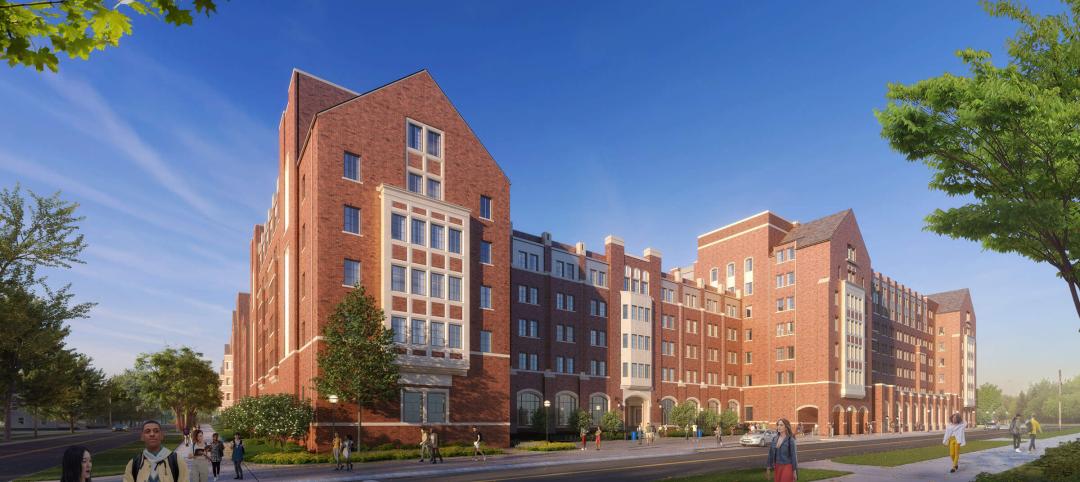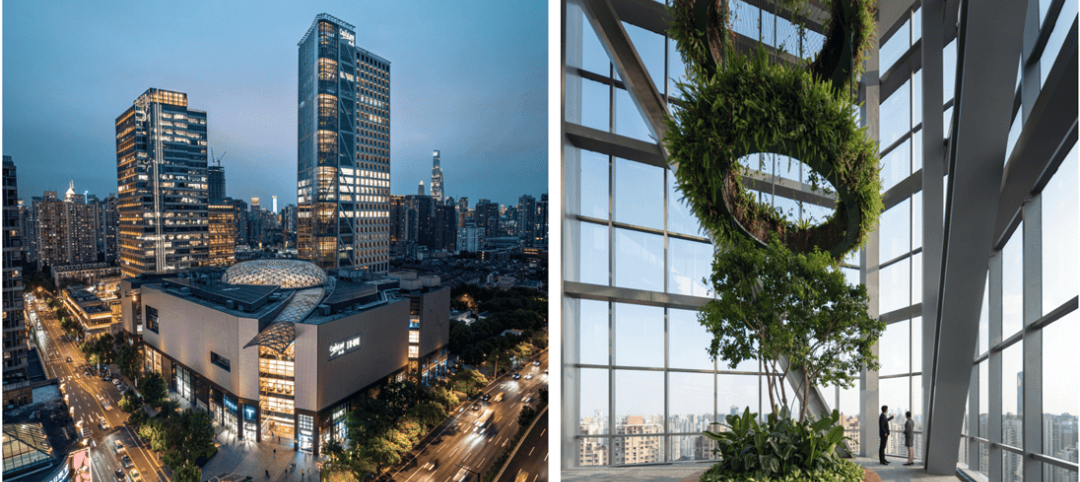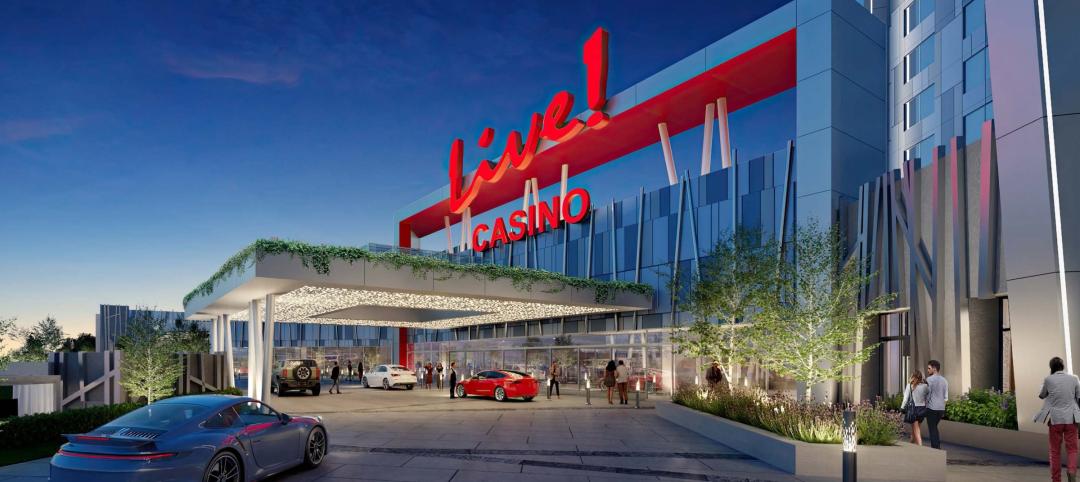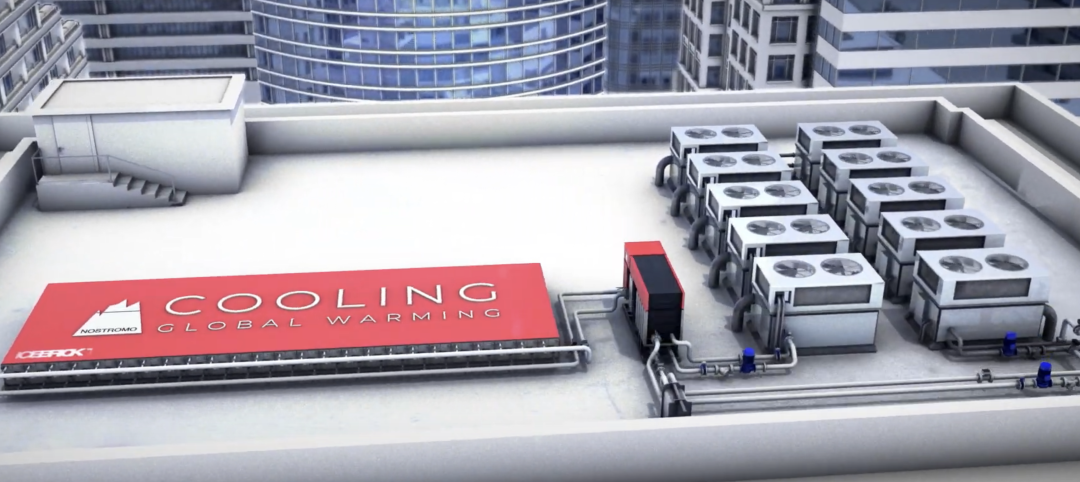In 2017, the A.T. Kearney Foreign Direct Investment Confidence Index concluded, “Investors are bullish about economic growth and FDI [Foreign Direct Investment] prospects, but are monitoring political risks for abrupt changes to the business environment.”
Fast-forward to 2018, and that monitoring is heightened. Trade negotiations and legislation having an impact include: The Tax Cuts and Jobs Act, President Trump’s renegotiation of NAFTA and other trade agreements, the Foreign Investment Risk Review Modernization Act of 2017 (FIRRMA), and tariffs and trade wars.
Some of these actions may have their intended effect of protecting U.S. companies and the nation’s security. For example, the construction industry should reap benefits from tax cuts that lower their effective tax rates. But while easing financial burdens on U.S. businesses—especially small businesses—may be good for the economy, there is widespread concern regarding actions seen as hostile to international trade. Governmental proceedings, as they unfold day-to-day, are very dynamic and fluid. They represent a confluence of political, economic, security, and social issues, and the complexity of the situation is currently causing large international companies to press pause on their investments.
Yet FDI is critical to a thriving domestic economy. According to the Office of the Chief Economist within the U.S. Department of Commerce, “FDI supports a host of benefits in the United States, such as good jobs and innovation resulting from research and development.” And historically, the U.S. has been about average in terms of its restrictiveness on foreign investment. Currently, however, Congress is reviewing FIRRMA, a proposed bill that seeks to protect national security by limiting foreign control of the country’s critical infrastructure.
Significant upheaval was triggered in the first half of 2018, when the White House announced a 25% tariff on foreign-made steel and 10% tariff on aluminum. The action was largely a response to China’s perceived “dumping” of cheap steel and it made a statement about the Trump administration’s attitude toward global trade relations and the perceived status quo.
Maintaining a healthy global economy based upon reciprocal economic relationships—and with the U.S. as an equitable participant—is key to the stability of our own economy.
Stakes rose much higher in early July, when the U.S. imposed an additional 25% tariff on $34 billion of goods imported from China. China responded with an equivalent tariff on $34 billion of goods it imports from the U.S. By July 10, the Trump administration had released a list of $200 billion worth of Chinese goods that could be subject to 10% tariffs. Hearings on these proposed tariffs are scheduled to occur Aug. 20-23.
Beyond this escalation between the world’s two largest economies, Canada announced that it would match (but not escalate) the dollar value of the U.S.’s steel and aluminum tariffs with tariffs of its own, with affected products including consumer goods. Europe is pondering how it can respond to U.S. tariffs without becoming embroiled in a damaging trade war—a task made more difficult by President Trump’s threats to impose tariffs on European auto imports. Switzerland, Russia, China, India, Canada, Mexico, Norway, and the European Union have begun working with the World Trade Organization (WTO), pursuing dispute settlement.
It’s impossible to judge just how long the domino effect will continue. Some experts are predicting that Europe, China, and other economic powerhouses will form mutually beneficial trade relationships with one another that exclude the U.S.
According to consulting and research firm Rhodium Group, Chinese acquisitions and investments in the U.S. fell 92% in the first five months of this year. CSNBC recently reported “Foreign direct investment worldwide is on the decline due to trade war fears, immigration, and protectionist policies.” This follows FDI that was already in decline. According to the United Nations World Investment Report 2018, global foreign direct investment fell by 23% in 2017, and the UN expected it to grow little (or not at all) in 2018. On July 11, the Bureau of Economic Analysis (BEA) released numbers on expenditures initiated by foreign investors in 2017 (the latest available data), and those expenditures were down 32% since 2016.
Various experts have reported that the construction industry is already feeling the effects of the recent tariffs, not only with higher steel and aluminum prices, but with higher prices on Canadian lumber. The news outlet Route Fifty shared a Moody’s Investors Service report which found that “states with the greatest trade dependency on China, Canada, and Mexico are at highest risk of seeing their tax revenues decline—namely Michigan, Kentucky, and Louisiana.” The report also identified manufacturing hubs like Detroit and Greenville, S.C., as well as port cities, as being at high risk.
FDI raises the standard of living for communities and creates opportunities for construction companies across the U.S. Maintaining a healthy global economy based upon reciprocal economic relationships—and with the U.S. as an equitable participant—is key to the stability of our own economy.
Brian Gallagher is Vice President of Marketing with O’Neal Inc., an integrated architecture, engineering, and construction firm. He can be reached at bgallagher@onealinc.com.
Related Stories
Student Housing | Jul 31, 2024
The University of Michigan addresses a decades-long student housing shortage with a new housing-dining facility
The University of Michigan has faced a decades-long shortage of on-campus student housing. In a couple of years, the situation should significantly improve with the addition of a new residential community on Central Campus in Ann Arbor, Mich. The University of Michigan has engaged American Campus Communities in a public-private partnership to lead the development of the environmentally sustainable living-learning student community.
MFPRO+ New Projects | Jul 31, 2024
Shipping containers converted into attractive, affordable multifamily housing in L.A.
In the Watts neighborhood in Los Angeles, a new affordable multifamily housing project using shipping containers resulted in 24 micro-units for formerly unhoused residents. The containers were acquired from a nearby port and converted into housing units at a factory.
Adaptive Reuse | Jul 30, 2024
Empty mall to be converted to UCLA Research Park
UCLA recently acquired a former mall that it will convert into the UCLA Research Park that will house the California Institute for Immunology and Immunotherapy at UCLA and the UCLA Center for Quantum Science and Engineering, as well as programs across other disciplines. The 700,000-sf property, formerly the Westside Pavilion shopping mall, is two miles from the university’s main Westwood campus. Google, which previously leased part of the property, helped enable and support UCLA’s acquisition.
Geothermal Technology | Jul 29, 2024
Rochester, Minn., plans extensive geothermal network
The city of Rochester, Minn., home of the famed Mayo Clinic, is going big on geothermal networks. The city is constructing Thermal Energy Networks (TENs) that consist of ambient pipe loops connecting multiple buildings and delivering thermal heating and cooling energy via water-source heat pumps.
High-rise Construction | Jul 29, 2024
Safdie Architects’ Shanghai office tower features glass-enclosed corner garden that ascends the 35-story structure
Safdie Architects has announced the completion of LuOne Mixed-Use Complex—a business, retail, and entertainment development in the Luwan district of Shanghai, China. The mixed-use complex consists of an eight-level retail galleria, which opened in 2018, and a 35-story office tower, which recently reached completion.
Casinos | Jul 26, 2024
New luxury resort casino will be regional draw for Shreveport, Louisiana area
Live! Casino & Hotel Louisiana, the first land-based casino in the Shreveport-Bossier market, recently topped off. The $270+ project will serve as a regional destination for world-class gaming, dining, entertainment, and hotel amenities.
Smart Buildings | Jul 25, 2024
A Swiss startup devises an intelligent photovoltaic façade that tracks and moves with the sun
Zurich Soft Robotics says Solskin can reduce building energy consumption by up to 80% while producing up to 40% more electricity than comparable façade systems.
Codes and Standards | Jul 25, 2024
GSA and DOE select technologies to evaluate for commercial building decarbonization
The General Services Administration and the U.S. Department of Energy have selected 17 innovative building technologies to evaluate in real-world settings throughout GSA’s real estate portfolio.
Great Solutions | Jul 23, 2024
41 Great Solutions for architects, engineers, and contractors
AI ChatBots, ambient computing, floating MRIs, low-carbon cement, sunshine on demand, next-generation top-down construction. These and 35 other innovations make up our 2024 Great Solutions Report, which highlights fresh ideas and innovations from leading architecture, engineering, and construction firms.
MFPRO+ News | Jul 22, 2024
Miami luxury condominium tower will have more than 50,000 sf of amenities
Continuum Club & Residences, a new 32-story luxury condominium tower in the coveted North Bay Village of Miami will feature more than 50,000 sf of indoor and outdoor amenities. The program includes a waterfront restaurant, dining terraces with resident privileges, and a private dining room outdoor pavilion.

















